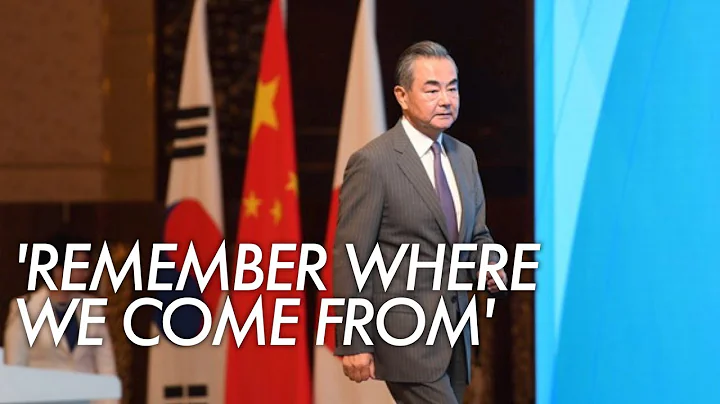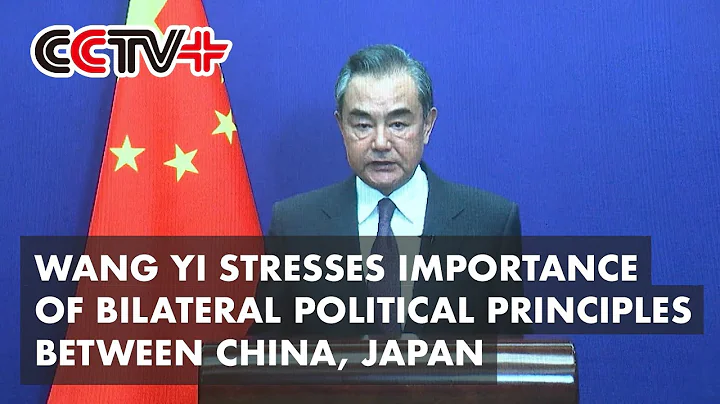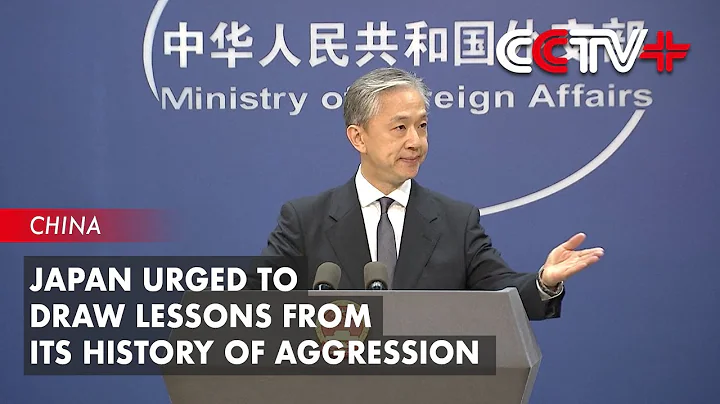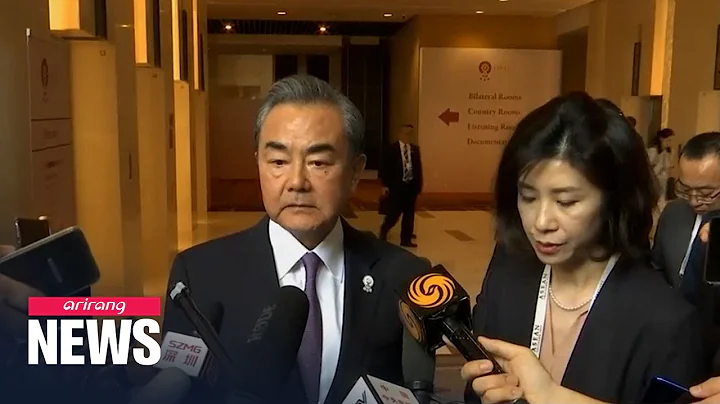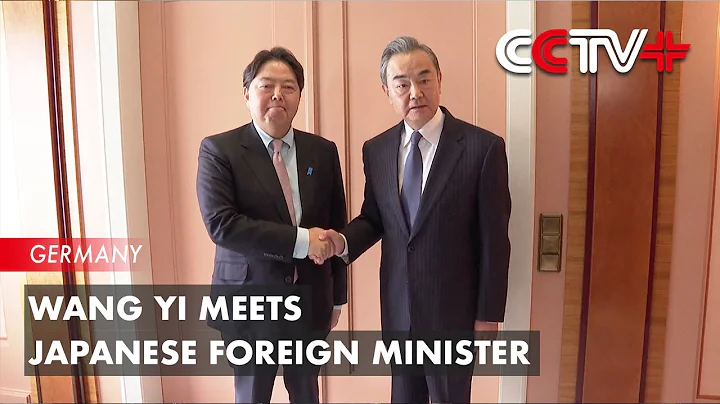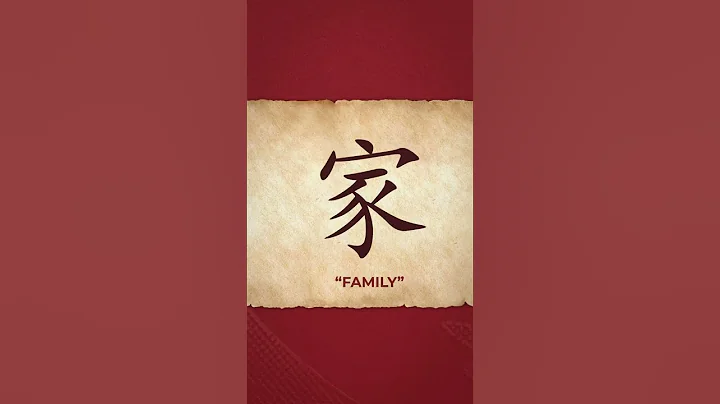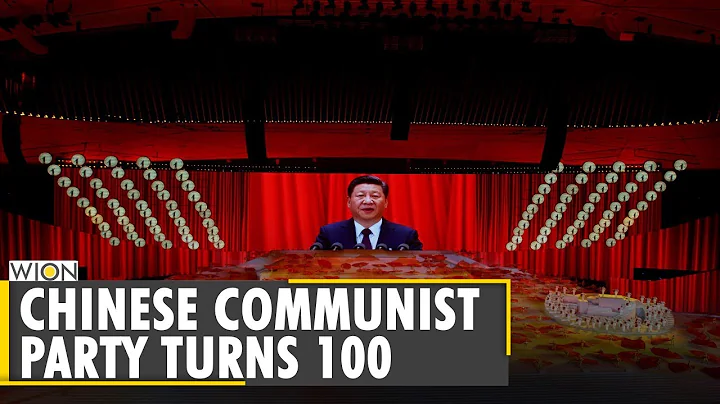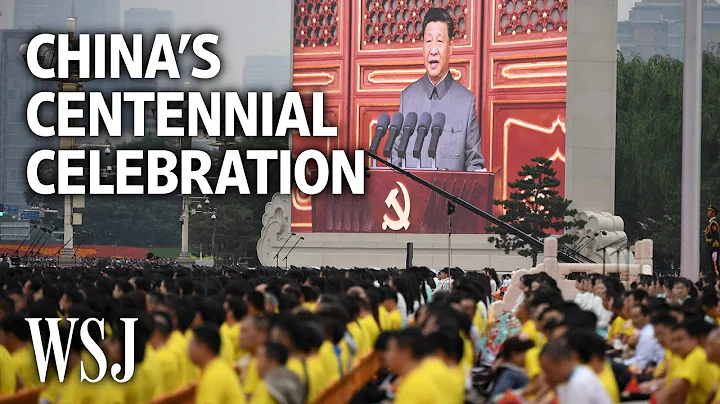A series of stories about the children of Western Fujian during the Anti-Japanese War
Wang Xiangxiong marched into the south of the Yangtze River to resist Japan and rebel
Wang Xiangxiong (1918-1988) was a native of Caixi Village, Caixi Township, Shanghang County. In 1955, he was awarded the rank of senior colonel of the Chinese People's Liberation Army and promoted to major general in 1964. He was awarded the August 1st Medal of Level 3, the Medal of Independence and Freedom of Level 2 and the Medal of Liberation of Level 2.
In the spring of 1937, Wang Xiangxiong was transferred to the first detachment of the Red Army Southwest Fujian Anti-Japanese War against Chiang Kai-shek as a clerk. In January 1938, after the Southwest Fujian Red Army guerrillas were reorganized into the second detachment of the New Fourth Army, Wang Xiangxiong was transferred to the staff of the second detachment headquarters. In March of the same year, the second detachment was ordered to go to the front lines of Jiangsu and Anhui and participated in the battle of Wuhu Guantumen. Wang Xiangxiong led a platoon of the detachment's reconnaissance company and cooperated with the third regiment to break into the Zhang Dehai headquarters of the puppet army and seized many enemy combat documents and maps. It played an important role in our army's study of the enemy and puppet situation in Jiangnan and was praised by Deputy Commander Su Yu.

At the beginning of 1940, the New Second Detachment of the New Fourth Army was established, and Wang Xiangxiong served as the reconnaissance staff of the headquarters. Once, Liao Haitao, deputy commander of the detachment, sent him to Tangshan, Nanjing, to reconnoiter the enemy's situation. He led four scouts in disguise into the enemy stronghold, captured a puppet deputy captain, and figured out the situation clearly, allowing the new second detachment to successfully break through. This is the transportation line from Ju (Rong) North to Jiangbei. In September of the same year, he followed the troops into the triangular area between Taihu and Gehu Lake in southern Jiangsu Province and the junction of Ningxia, Shanghai and Hangzhou, and launched guerrilla warfare behind enemy lines.
The "Southern Anhui Incident" occurred in early January 1941. The Communist Party of China launched a resolute struggle against this atrocity committed by the Kuomintang diehards. On January 20, the Central Military Commission of the Communist Party of China issued an order to rebuild the military headquarters of the New Fourth Army. The Sixteenth Brigade of the Sixth Division of the New Fourth Army was established at Yixing Gate on April 28 of that year. Luo Zhongyi was appointed as the brigade commander, and Liao Haitao was appointed as the political commissar. Wang Xiangxiong was transferred to the battalion commander of the second battalion of the Second Independent Regiment of the Sixteenth Brigade, and was later appointed as the political commissar of the battalion.
In May 1941, Wang Xiangxiong led a company to the Seventh District of Wujin County to carry out struggles behind enemy lines. At that time, this was a "model area" for counterfeiting. The Japanese and puppet troops, the stubborn Kuomintang troops and the bandits each dominated one side. However, the New Fourth Army of the Communist Party was still relatively weak, and the struggle against counterfeiting and counterfeiting was fierce. After a company led by Wang Xiangxiong and local armed forces led by District 7 instructor Zhu Zhen entered Datangli Village, they were surrounded by Sheng Jiran's puppet troops. Because the enemy was outnumbered, we had to fight and retreat. Unfortunately, Zhu Zhen was captured by the puppet army. She was unyielding and was killed by the enemy on the fourth day.
After the battle in Datangli, Wang Xiangxiong led the Second Battalion back to the Zhakou area on June 1. He rested and replenished ammunition and supplies in Yaoqiaotou and other villages, preparing to go to Xixi to carry out work. At dawn on the 4th, he was suddenly surrounded by more than a thousand puppet troops. He commanded calmly, used part of his troops to block the enemy and cover the retreat of the troops. When they arrived at Qianjiawu, they were blocked by a large river. In an extremely critical situation, the old landlord Deng Huaiyin risked his life to row a boat to meet them. In order to gain time, Wang Xiangxiong categorically ordered: Anyone who can swim should immediately enter the water and swim across the river, while the rest of the commanders and soldiers would cross the river by boat. When the enemy arrived, they could only look at the river and sigh.
In less than half a year, Wang Xiangxiong and the commanders and fighters of the Second Battalion, with the support and cooperation of local party and government organizations and the masses, fought more than 60 battles with the enemy, destroyed three enemy and puppet strongholds on the shore of Gehu Lake, and seized machine guns 12. There were 31 grenade launchers, 31 shell guns, and 107 rifles, killing and wounding 264 enemy and puppet troops, and capturing 138 people. Our side also paid a heavy price: more than 20 commanders and fighters including Yixing County Party Committee Secretary Sun Ning and Zhu Zhen, and 5th Company Commander Liang Ahu died heroically, and more than 20 people were honorably wounded.
At the beginning of 1943, the Japanese invaders further promoted their brutal policies of "using China to control China" and "using war to support war". They "cleared the countryside" in Wunan and Xixi, "mopped up" and encroached on the country, Yixing, , and raped the civilians. More than 100 miles of bamboo fence blockades were built from the Xiyi Highway to the shore of Gehu Lake, and 8 strongholds were set up in Yangqiao, Lingtai and other places. Blockades were set up layer by layer on the water and land transportation thoroughfares, and they were tightly blocked. More than 3,000 days of deployment were carried out The puppet army carried out a large-scale "sweep-up"; launched a large-scale "clearing the countryside" propaganda, and published rewards in newspapers to arrest Wang Xiangxiong, Yang Hongcai, leader of the Second Independent Regiment, Chen Cheng, deputy county magistrate of Wunan, etc. At the same time, they also recruited gangsters and reactionary gang forces, and sent a large number of spies. Together with armed spies, they also forced people to "register the population" and "jointly guarantee the joint security" in the "Qingxiang" district, and forcibly issued "good citizen certificates" in an attempt to eliminate the Communist Party and the New Fourth Army in Xixi and Wunan. In early April, Wang Xiangxiong was ordered to lead a capable platoon of more than 20 people to Wunan County. Together with County Party Secretary Wang Zida, Deputy County Magistrate Chen Cheng and their short gun squad, they mobilized and led the masses several times to burn down the enemy's fences and destroy the enemy's fences. Twice ambushed the Japanese and puppet troops and their plainclothes teams, so that the enemy did not dare to go to the countryside easily. While carrying out the armed struggle, Wang Xiangxiong also actively cooperated with the local political struggle. With the approval of his superiors, he and Chen Cheng, deputy magistrate of Wunan County, used the name of the Youth Gang to recruit "disciples" and recognize "godsons" in the edge areas of the county. Educated a group of military and police personnel to be harmonious with the township and security chiefs, won over the centrists, united patriotic people from all walks of life, and promoted the further development of the anti-"rural cleansing" campaign. From spring to autumn, a platoon led by Wang Xiangxiong, with the support and cooperation of local armed forces and the masses, fought more than 20 major battles with enemies in Wunan and Xixi, and seized 4 machine guns, 4 shell guns, and more than 30 rifles. , captured 1 Japanese soldier, more than 100 puppet soldiers, killed more than 30 enemy and puppet spies, and achieved victory in the anti-"Qingxiang" campaign. The platoon he led also grew from more than 20 people to 70 or 80 people, and was formed into a company.
After the victory of the anti-"rural clearing" struggle in Wunan area, the Kuomintang diehards wanted to "take advantage of the situation." In 1944, the Baojiu Brigade sent Sun Zhihan to lead a group to sneak to Wunan by using social connections. At first, they pretended to be "friendly" and "non-aggression", and then gradually advanced into the central area of Wunan, arresting New Fourth Army traffic officers and local cadres, deliberately creating friction. After being counterattacked by our side, Sun Zhihan was unwilling to fail. On the one hand, he made further compromises with the Japanese and puppets. On the other hand, he reorganized his troops and wanted to fight Wang Xiangxiong for a decisive battle. He also threatened to eliminate the Second Independent Regiment. Wang Xiangxiong, then the regiment chief of staff, and regiment leader Yang Hongcai immediately reported to their superiors that Wang Bicheng, the successor brigade commander of the 16th Brigade, and political commissar Jiang Weiqing decided to send a main battalion of the 48th Regiment to cooperate with the second battalion of the Independent Second Regiment in order to combat the arrogance of the anti-communist die-hards. Combat. On February 19, Wang Xiangxiong commanded troops to attack and surround the recalcitrant troops at Xiazhuang Bridge in Jiaze overnight. They fought fiercely until the early morning of the next day, annihilating more than two battalions of Sun Zhihan's troops, capturing more than 100 people including the commander of the recalcitrant battalion Zhao Weimin, and seizing 17 machine guns and short rifles. More than 40 rifles, more than 300 rifles and a large amount of ammunition and other military supplies.
In January 1945, Commander Su Yu of the First Division of the New Fourth Army led his troops to the Changxing area to join the 16th Brigade, established the Jiangsu and Zhejiang Military Region, and marched towards Mogan Mountain and Tianmu Mountain. Wang Xiangxiong and the Second Independent Regiment participated in the battle of Tianmu Mountain. In mid-August, Japan announced its surrender, and the Second Independent Regiment returned to the Taikui area. Wang Xiangxiong led a battalion to Wunan to accept the surrender, and annihilated the Yangshuyuan puppet troops who refused to hand over their guns until Wunan was completely liberated. (Compiled by Lin Ruirong)


